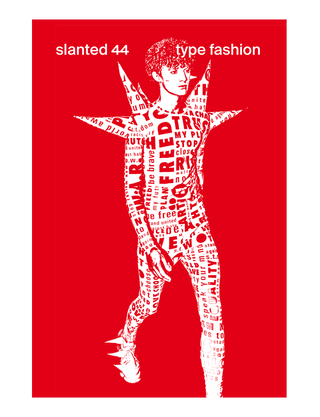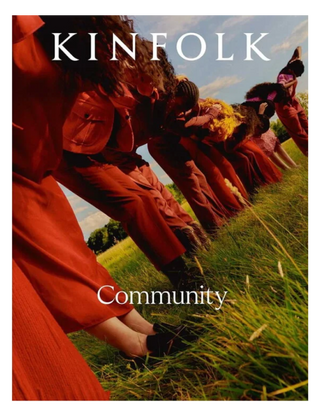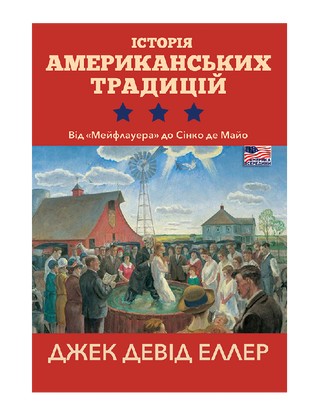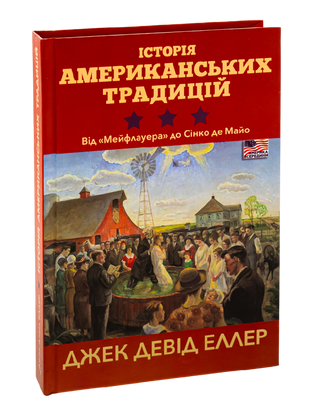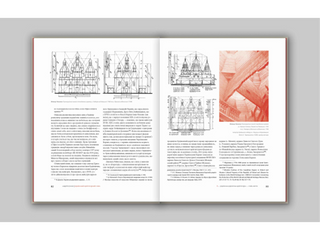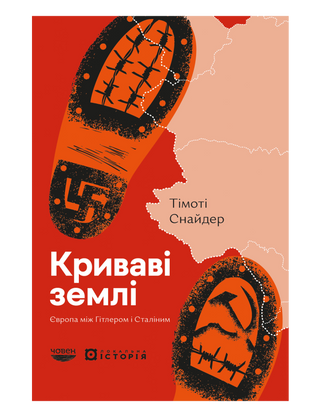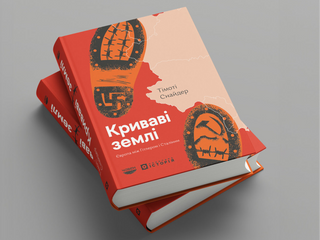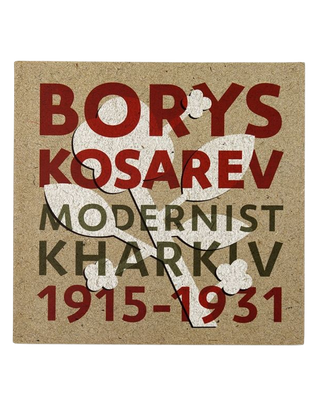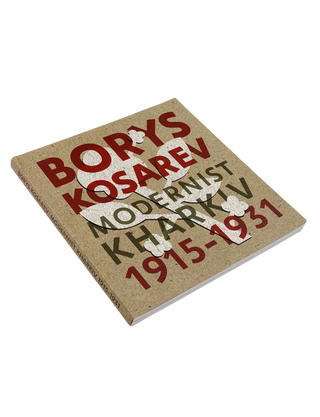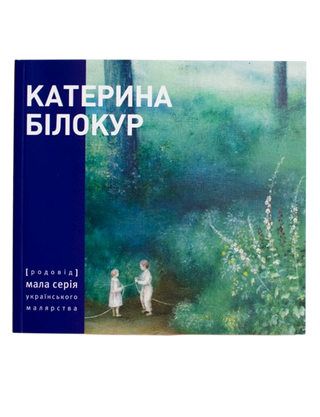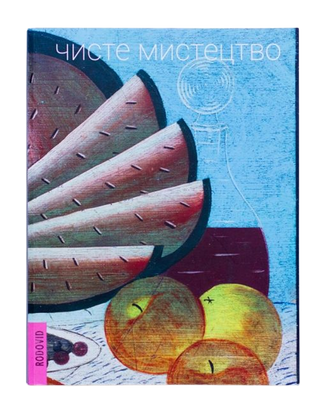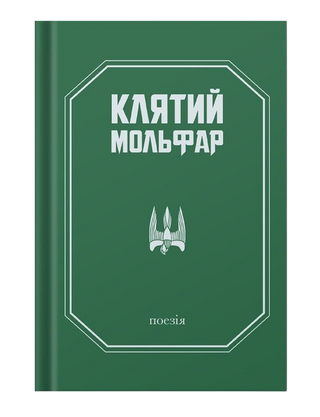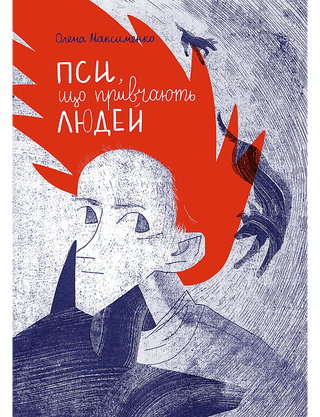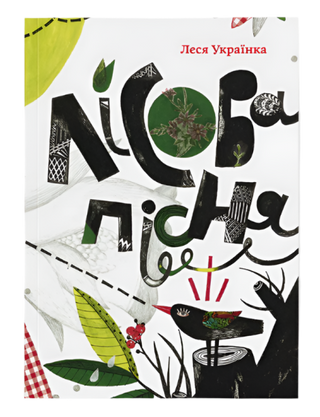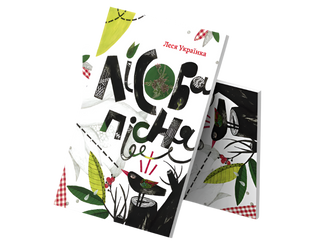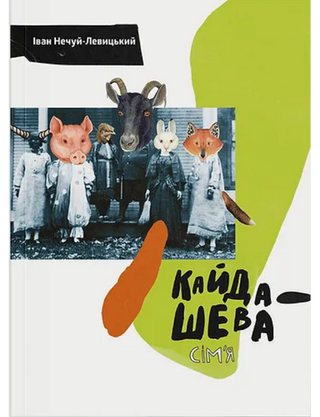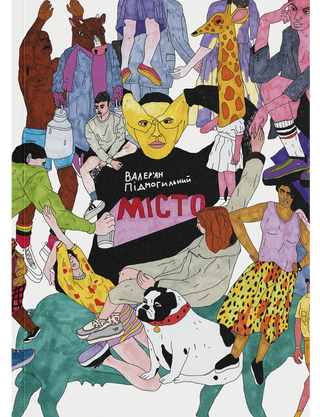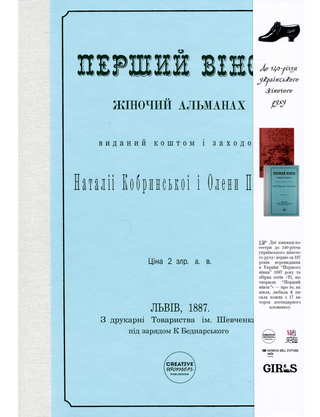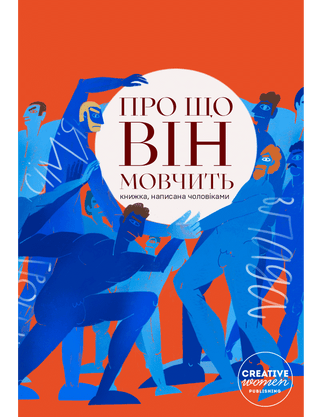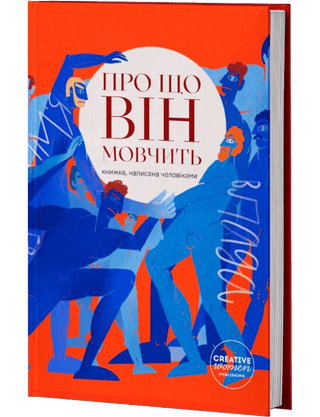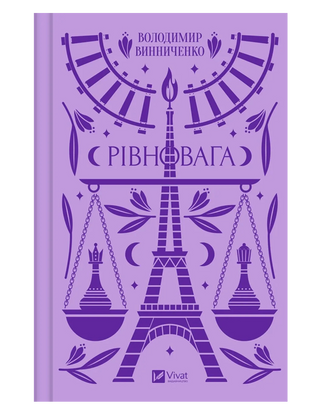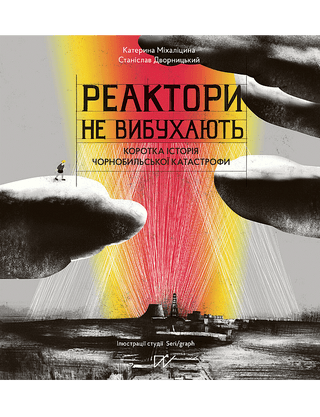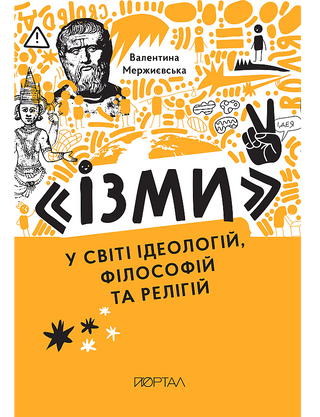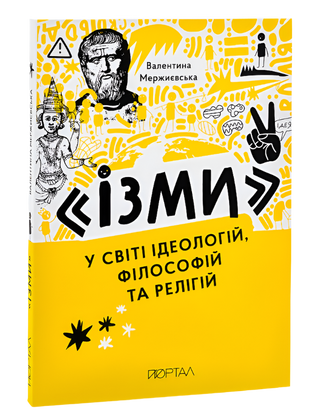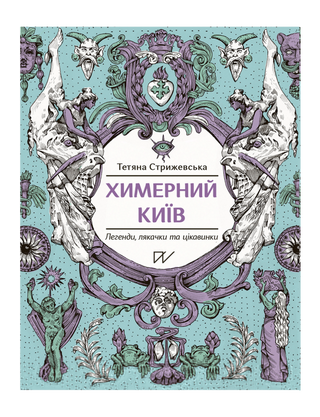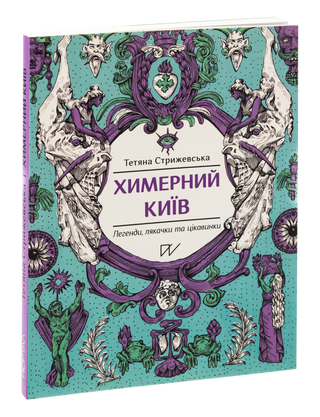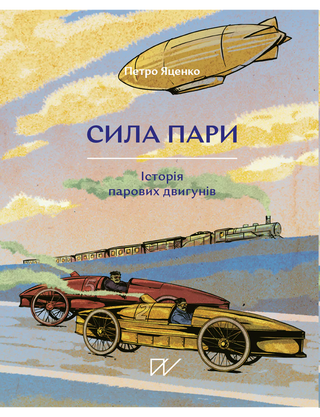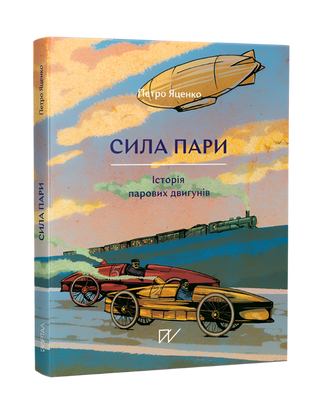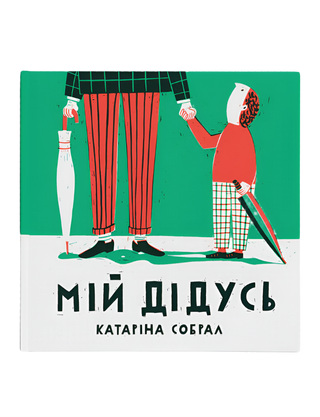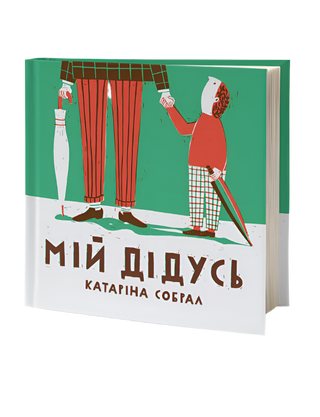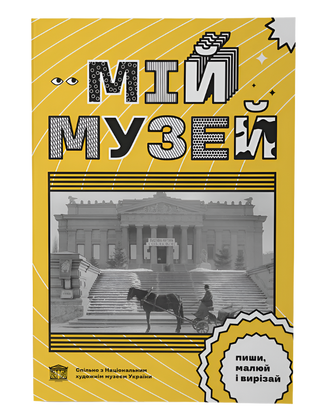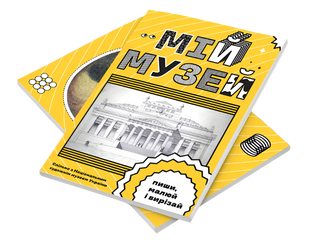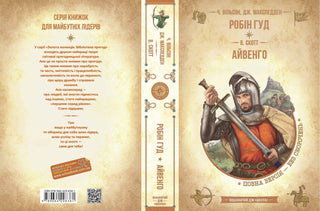History of American traditions. From Mayflower to Cinco de Mayo | Jack David Eller
- Unit price
- / per
History of American traditions. From Mayflower to Cinco de Mayo | Jack David Eller
- Unit price
- / per
Cover: Hardcover
Number of pages: 328
Language: Ukrainian
Published: 2024
Dimensions: 22.0 x 15.0
Genres: All, History, Books about America, New books, Non Fiction
How did a table song become the anthem of the United States? What really happened on the very first Thanksgiving? Who invented the word "okay" that is heard millions of times a minute around the world? Where did jeans come from, without which it is difficult to imagine your life today? Anthropologist and sociologist Jack David Eller seeks answers to these and other questions in the book "The History of American Traditions. From Mayflower to Cinco de Mayo.
Traditions and customs are an extremely emotional and passionate part of human life. They determine our everyday life, we focus on them when planning our lives, we cherish and adhere to them, and we are extremely hostile to anyone who questions their value. Knowing our own traditions allows us to understand and be aware of ourselves. Knowledge of other people's traditions makes it possible to understand and get to know other peoples more deeply. In a globalized world, such an understanding is extremely important not only for historians. Penetration into the world of customs allows us to realize how different and similar we, people of different cultures and experiences, are at the same time. Traditions have a powerful force that can both unite and divide. The more we know about how this energy accumulated over the ages works, the better we can cooperate with it and use its power.
"The History of American Traditions" consists of four parts, in which the author talks about the political traditions and national holidays of the USA, about the traditions of everyday life, as well as about fictional characters who have become symbols of America. Concise sections of each part cover the most important traditional symbols and rituals - from the national anthem to the American flag, from blue jeans to hamburgers, Coca-Cola and Mickey Mouse. Behind every tradition is the story of real people with their aspirations to fill life with meaning. Under the author's pen, these people come to life, and with them the events and feelings that inspired them are resurrected. Thanks to this, the not always simple, conflicting, confusing and contradictory history of America's emblems and institutions is revealed to us, without which it is difficult to imagine today. Some might call Eller's work debunking myths, but it's not. Eller fills the traditions with real life and struggle, making them even more human and warm. The author brings us to the realization: all traditions were invented by specific people at a specific time for specific reasons, and the process of "tradition creation" continues forever, especially in the country of free people.
The deep and comprehensive work of Jack D. Eller consistently leads the reader along the winding paths of the difficult and far from always rosy history of a powerful superpower. At first glance, everything the author writes about is known to us. Who doesn't know an American hamburger or a Superhero these days, not to mention Coca-Cola? However, Eller offers novelty and an unexpected, fresh look at long-known things.
From Eller's book, the reader gets even more valuable than interesting facts from American history. The reader gets a prism through which he can evaluate his own world and the traditions of his people, understand his own more deeply, and thus see the many connections that unite people all over the world. The author offers a laboratory equipped with sharp analytical tools, from which we leave with a new, richer and broader outlook.
It may seem that Eller's irony and a huge array of academic knowledge and facts should have deprived the tradition of emotionality. But everything is the opposite. The author's academic condescension adds warmth, coziness and humanity, and the desire to look into the depth of a complex topic shows great love for his country and pride for it.
The author carefully selects details from the history of each tradition, which fill it with vitality and make its unique face more expressive. Traditions grow from the sincere convictions of real people, from their faith and aspirations, sometimes - from longing for the homeland, sometimes - from personal painful losses, and sometimes - from a simple desire for home comfort and warmth, familiar to all of us.
Adding product to your cart
You may also like
Про тиранію. Двадцять уроків ХХ століття Timothy Snyder
₴400.00
- Unit price
- ₴1.67 / per item
₴400.00
- Unit price
- ₴1.67 / per item
Політика для початківців. Частина ІІ
₴750.00
- Unit price
- / per
₴750.00
- Unit price
- / per
Lexicon of Nature
₴950.00
- Unit price
- / per
₴950.00
- Unit price
- / per
Український архітектурний стиль. Візії, модуси, століття Андрій Пучков
₴1,280.00
- Unit price
- / per
₴1,280.00
- Unit price
- / per
Криваві землі. Європа між Гітлером і Сталіним Timothy Snyder
₴800.00
- Unit price
- / per
₴800.00
- Unit price
- / per
History of Ukrainian rave Igor Panasov
₴900.00
- Unit price
- / per
₴900.00
- Unit price
- / per
BORIS KOSAREV: Kharkiv Modernism Myroslava Mudrak, Valentina Chechik, Tatyana Pavlova
₴950.00
- Unit price
- / per
₴950.00
- Unit price
- / per
KATERYNA BILOKUR. Painting and prose
₴450.00
- Unit price
- / per
₴450.00
- Unit price
- / per
MOVING LANDSCAPE. Art of Ukraine between revolution and war PAYSAGES INSTABLES. Des artistes ukrainiens entre révolution et guerre Natalia Chermalykh, Pierre-Laurent Boullais
₴900.00
- Unit price
- / per
₴900.00
- Unit price
- / per
Pure Art Lydia Lykhach, Petro Honchar
₴1,200.00
- Unit price
- / per
₴1,200.00
- Unit price
- / per
The Cursed Molfar Oleksandr Goshylyk
₴599.00
- Unit price
- / per
₴599.00
- Unit price
- / per
Comic "Black Wedge" Mykola Kravchenko
₴699.00
- Unit price
- / per
₴699.00
- Unit price
- / per
Dogs that tame humans Olena Maksymenko
₴450.00
- Unit price
- / per
₴450.00
- Unit price
- / per
Forest song Lesya Ukrainka
₴640.00
- Unit price
- / per
₴640.00
- Unit price
- / per
The Kaidashev family Ivan Nechuy-Levytskyi
₴720.00
- Unit price
- / per
₴720.00
- Unit price
- / per
City Valerian Podmohylyny
₴740.00
- Unit price
- / per
₴740.00
- Unit price
- / per
Kateryna Taras Shevchenko
₴950.00
- Unit price
- / per
₴950.00
- Unit price
- / per
The first wreath Halyna Kotlyuk
₴690.00
- Unit price
- / per
₴690.00
- Unit price
- / per
What is he silent about? Iryna Lisova
₴365.00
- Unit price
- / per
₴365.00
- Unit price
- / per
Balance Volodymyr Vynnychenko
₴340.00
- Unit price
- / per
₴340.00
- Unit price
- / per
Reactors Don't Explode. A Brief History of the Chernobyl Disaster Kateryna Mikhalitsina, Stanislav Dvornytskyi
₴550.00
- Unit price
- / per
₴550.00
- Unit price
- / per
Dogs that tame humans Olena Maksymenko
₴450.00
- Unit price
- / per
₴450.00
- Unit price
- / per
Isms in the world of ideologies, philosophies and religions Valentina Merzhyevska
₴360.00
- Unit price
- / per
₴360.00
- Unit price
- / per
Bizarre Kyiv. Legends, scares and interesting facts Tetyana Stryzhevska
₴395.00
- Unit price
- / per
₴395.00
- Unit price
- / per
The power of steam. The history of steam engines Petro Yatsenko
₴395.00
- Unit price
- / per
₴395.00
- Unit price
- / per
My grandfather Catarina Sobral
₴130.00
- Unit price
- / per
₴130.00
- Unit price
- / per
My Museum Anna Kopylova
₴130.00
- Unit price
- / per
₴130.00
- Unit price
- / per
Paddington Picture Books: Best-Loved Paddington Stories Robert W. Alley, Michael Bond
₴602.00
- Unit price
- / per
₴602.00
- Unit price
- / per
Paddington Picture Books: Favorite Paddington Stories Robert W. Alley, Michael Bond
₴602.00
- Unit price
- / per
₴602.00
- Unit price
- / per
Robin Hood. Ivanhoe Charles Wilson, John McSpadden, Walter Scott
₴440.00
- Unit price
- / per
₴440.00
- Unit price
- / per
By completing this form, you are signing up to receive our emails and you can unsubscribe at any time.









